 Welcome
Welcome
“May all be happy, may all be healed, may all be at peace and may no one ever suffer."
Enlarged heart

An enlarged heart, also known as cardiomegaly, is a condition in which the heart is larger than normal. It can be caused by a variety of factors, including high blood pressure, heart valve problems, heart muscle diseases, and congenital heart defects.
When the heart is enlarged, it can become less efficient at pumping blood, which can lead to symptoms such as shortness of breath, fatigue, chest pain, and swelling in the legs and feet. The condition can also increase the risk of heart failure, heart rhythm problems, and sudden cardiac arrest.
Treatment for an enlarged heart depends on the underlying cause. If it is caused by high blood pressure or heart valve problems, medication may be prescribed to control blood pressure or correct the valve problem. In some cases, surgery may be necessary to repair or replace a damaged heart valve. If the heart is enlarged due to a heart muscle disease, medications or procedures such as an implantable cardioverter-defibrillator may be recommended.
In some cases, lifestyle changes such as regular exercise, maintaining a healthy weight, and avoiding alcohol and smoking can help reduce the risk of an enlarged heart.
Early diagnosis and treatment of an enlarged heart are important to prevent complications and improve outcomes. If you are experiencing symptoms of an enlarged heart, it is important to seek medical evaluation to determine the underlying cause and appropriate treatment options.
Research Papers
Disease Signs and Symptoms
- Shortness of breath (dyspnea)
- Swollen (Edema)
- Chest pain
- Fainting (syncope)
Disease Causes
Enlarged heart
An enlarged heart can be caused by conditions that cause your heart to pump harder than usual or that damage your heart muscle. Sometimes the heart gets larger and becomes weak for unknown reasons. This is known as idiopathic cardiomegaly.
A heart condition you're born with (congenital), damage from a heart attack or an abnormal heartbeat (arrhythmia) can cause your heart to enlarge. Other conditions associated with an enlarged heart include:
- High blood pressure. Your heart may have to pump harder to deliver blood to the rest of your body, enlarging and thickening the muscle.
- High blood pressure can cause the left ventricle to enlarge, causing the heart muscle eventually to weaken. High blood pressure may also enlarge the upper chambers of your heart.
- Heart valve disease. Four valves in your heart keep blood flowing in the right direction. If the valves are damaged by conditions such as rheumatic fever, a heart defect, infections (infectious endocarditis), an irregular heartbeat (atrial fibrillation) connective tissue disorders, certain medications or radiation treatments for cancer, your heart may enlarge.
- Cardiomyopathy. This disease of the heart makes it harder for your heart to pump blood throughout your body. As it progresses, your heart may enlarge to try to pump more blood.
- High blood pressure in the artery that connects your heart and lungs (pulmonary hypertension). Your heart may need to pump harder to move blood between your lungs and your heart. As a result, the right side of your heart may enlarge.
- Fluid around your heart (pericardial effusion). Accumulation of fluid in the sac that contains your heart may cause your heart to appear enlarged on a chest X-ray.
- Blocked arteries in your heart (coronary artery disease). With this condition, fatty plaque in your heart arteries obstruct blood flow through your heart vessels, which can lead to a heart attack. When a section of heart muscle dies, your heart has to pump harder to get adequate blood to the rest of your body, causing it to enlarge.
- Low red blood cell count (anemia). Anemia is a condition in which there aren't enough healthy red blood cells to carry adequate oxygen to your tissues. Untreated, chronic anemia can lead to a rapid or irregular heartbeat. Your heart must pump more blood to make up for the lack of oxygen in the blood.
- Thyroid disorders. Both an underactive thyroid gland (hypothyroidism) and an overactive thyroid gland (hyperthyroidism) can lead to heart problems, including an enlarged heart.
- Excessive iron in the body (hemochromatosis). Hemochromatosis is a disorder in which your body doesn't properly metabolize iron, causing it to build up in various organs, including your heart. This can cause an enlarged left ventricle due to weakening of the heart muscle.
- Rare diseases that can affect your heart, such as amyloidosis. Amyloidosis is a condition in which abnormal proteins circulate in the blood and may be deposited in the heart, interfering with your heart's function and causing it to enlarge.
Disease Prevents
Enlarged heart
Tell your doctor if you have a family history of conditions that can cause an enlarged heart, such as cardiomyopathy. If cardiomyopathy or other heart conditions are diagnosed early, treatments may prevent the disease from worsening.
Controlling risk factors for coronary artery disease — tobacco use, high blood pressure, high cholesterol and diabetes — helps to reduce your risk of an enlarged heart and heart failure by reducing your risk of a heart attack.
You can help reduce your chance of developing heart failure by eating a healthy diet and not abusing alcohol or using illicit drugs. Controlling high blood pressure with diet, exercise and possibly medications also prevents many people who have an enlarged heart from developing heart failure.
Disease Treatments
Treatments for an enlarged heart focus on correcting the cause.
Medications
If cardiomyopathy or another type of heart condition is to blame for your enlarged heart, your doctor may recommend medications. These may include:
- Diuretics to lower the amount of sodium and water in your body, which can help lower the pressure in your arteries and heart
- Angiotensin-converting enzyme (ACE) inhibitors to lower your blood pressure and improve your heart's pumping capability
- Angiotensin II receptor blockers (ARBs) to provide the benefits of ACE inhibitors for those who can't take ACE inhibitors
- Beta blockers to lower blood pressure and improve heart function
- Anticoagulants to reduce the risk of blood clots that could cause a heart attack or stroke
- Anti-arrhythmics to keep your heart beating with a normal rhythm
Surgery or other procedures
If medications aren't enough to treat your enlarged heart, medical procedures or surgery may be necessary.
- Medical devices to regulate your heartbeat. For a certain type of enlarged heart (dilated cardiomyopathy), a pacemaker that coordinates the contractions between the left and right ventricles may be necessary. In people who may be at risk of serious arrhythmias, drug therapy or an implantable cardioverter-defibrillator (ICD) may be an option.
- ICDs are small devices — about the size of a pager — implanted in your chest to continuously monitor your heart rhythm and deliver electrical shocks when needed to control abnormal, rapid heartbeats. The devices can also work as pacemakers.
- If the main cause of your enlarged heart is atrial fibrillation, then you may need procedures to return your heart to regular rhythm or to keep your heart from beating too quickly.
- Heart valve surgery. If your enlarged heart is caused by a problem with one of your heart valves or if it has caused heart valve problems, you may have surgery to repair or replace the affected valve.
- Coronary bypass surgery. If your enlarged heart is related to coronary artery disease, your doctor may recommend coronary artery bypass surgery.
- Left ventricular assist device (LVAD). If you have heart failure, you may need this implantable mechanical pump to help your weakened heart pump. You may have an LVAD implanted while you wait for a heart transplant or, if you're not a candidate for heart transplant, as a long-term treatment for heart failure.
- Heart transplant. If medications can't control your symptoms, a heart transplant may be a final option. Because of the shortage of donor hearts, even people who are critically ill may have a long wait before having a heart transplant.
Disease Diagnoses
Disease Allopathic Generics
Disease Ayurvedic Generics
Disease Homeopathic Generics
-
Aconite
Q power.
-
Arsenicum album
6, 30 strength.
-
Digitalis purpurea
6, 30 strength.
-
Spigelia anthelmintica
6 strength.
-
Arnica montana
6, 30 strength.
Disease yoga
Enlarged heart and Learn More about Diseases

Male hypogonadism
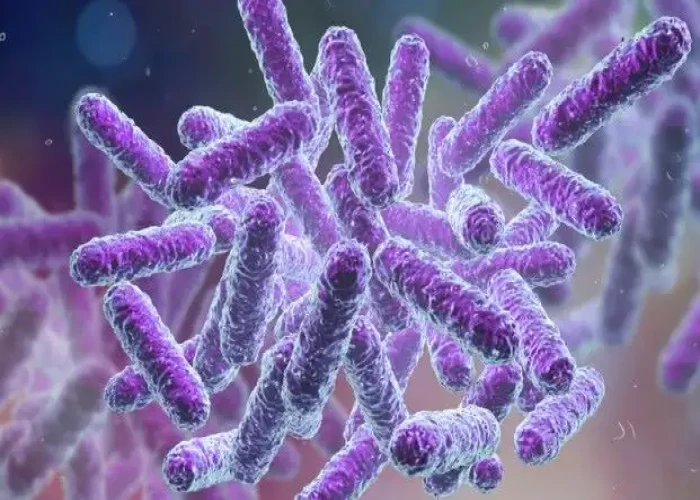
Shigella infection
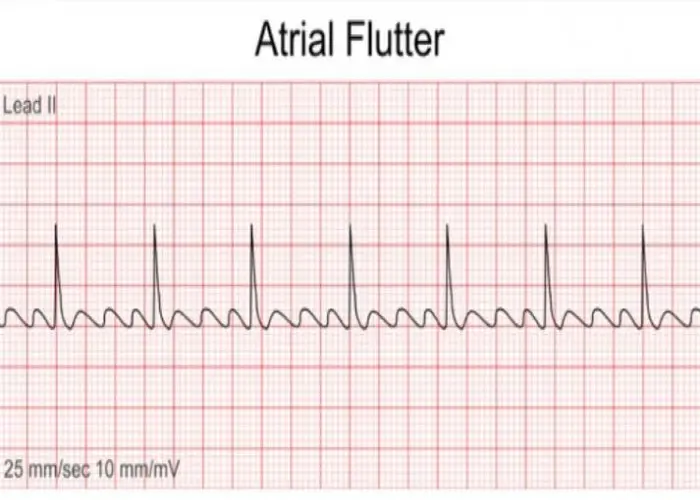
Atrial flutter
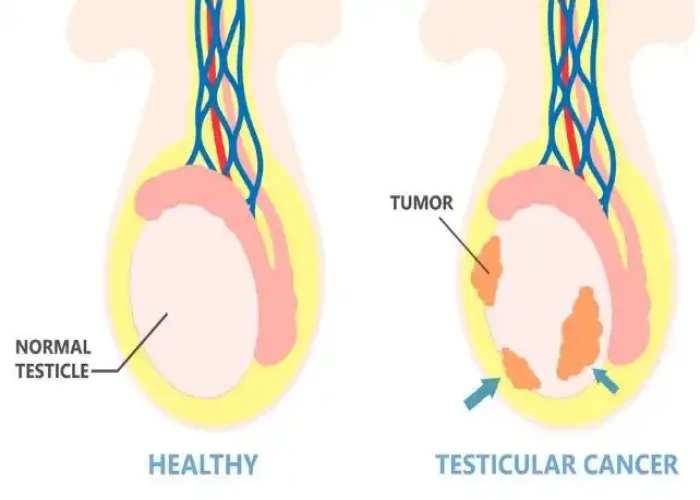
Undescended testicle
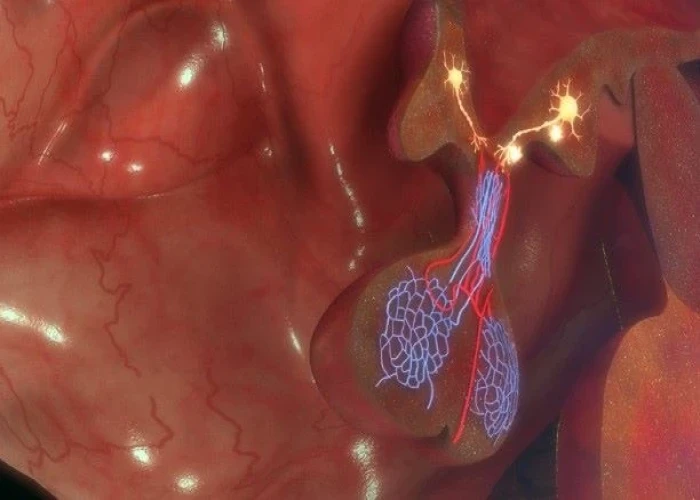
Pituitary tumors

Soy allergy
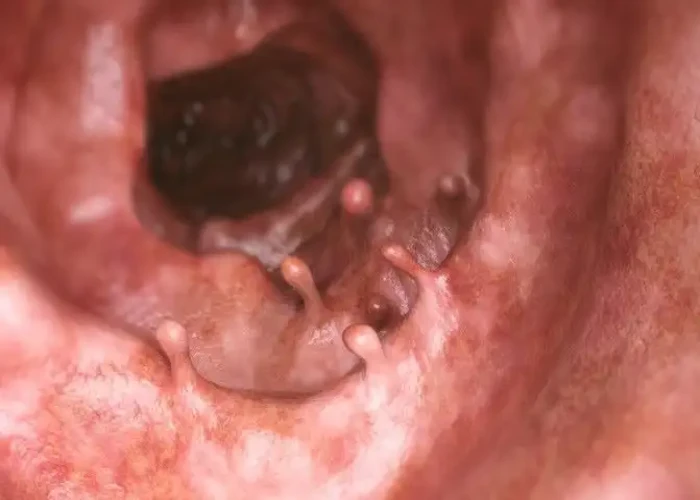
Stomach polyps

Food allergy
enlarged heart, বর্ধিত হৃদয়
To be happy, beautiful, healthy, wealthy, hale and long-lived stay with DM3S.
